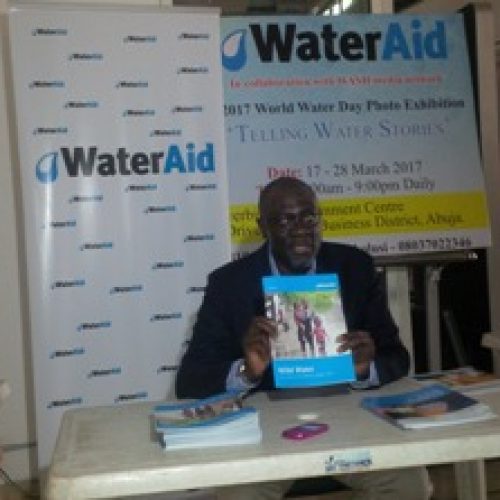Nutritionist urges more fortification of Nigerian foods, beverages with essential micronutrients
A Nutritionist has advocated the need for more fortification of foods and beverages widely consumed by Nigerians with essential micronutrients to combat the growing problem of malnutrition in the country.
Speaking at the annual symposium of the Health Writers Association of Nigeria, (HEWAN), recently in Lagos, Dr Kanalio Olaloku, a nutritionist with the Nestle Nutrition Institute, Central West African Region, said the fortified products must however be affordable and accessible to ensure maximum impact.
Also, she further said, the food micronutrient levels should be carefully calibrated to provide at least 15 percent of daily requirements while remaining below the upper intake limits to prevent over-consumption and potential adverse effects.
In her presentation entitled “Adequate Nutrition as Preventative Medicine,” Olaloku defined malnutrition as a broad term encompassing both undernutrition and overnutrition. She stated that undernutrition refers to insufficient intake of essential nutrients, leading to conditions like stunting, wasting, and underweight while overnutrition results from excessive food consumption, contributing to overweight, obesity, and related health issues.
According to her, the World Health Organization (WHO) categorizes malnutrition as including these conditions, as well as deficiencies in vitamins and minerals, and their associated diseases.
Lamenting that Nigeria continues to struggle with poor chronic indicators, she recalled:
“According to the WHO, food provides the body with energy, protein, essential fats, vitamins and minerals to live, grow and function properly. Good nutrition and physical activity is the cornerstone of both good physical and mental health. Good nutrition means your body gets all the nutrients, vitamins, and minerals it needs to work its best.
“Generally, malnutrition refers to poor intake of food which may be an excess consumption of food (overnutrition) or inadequate nutrient consumption (undernutrition).”
Olaloku lamented that the unregulated distribution of breastmilk substitutes, compounded by limited access to clean water during crises, significantly increases the risk of malnutrition and death among infants and young children.
Calling for prioritization of breastfeeding practices, she noted that the provision of essential support can mitigate these risks and help bridge the gap between the most vulnerable and those with greater access to resources.






0 Comments
No Comments Yet!
You can be first to comment this post!